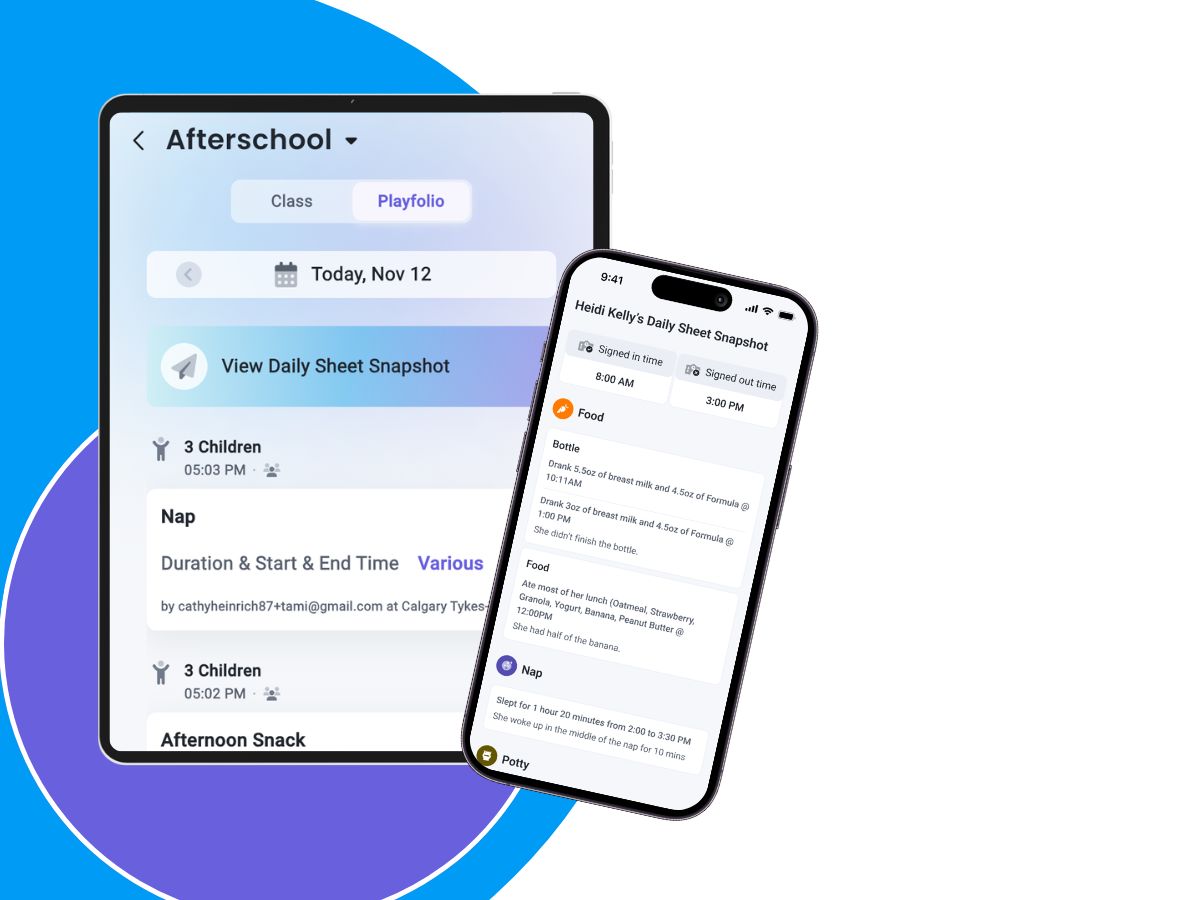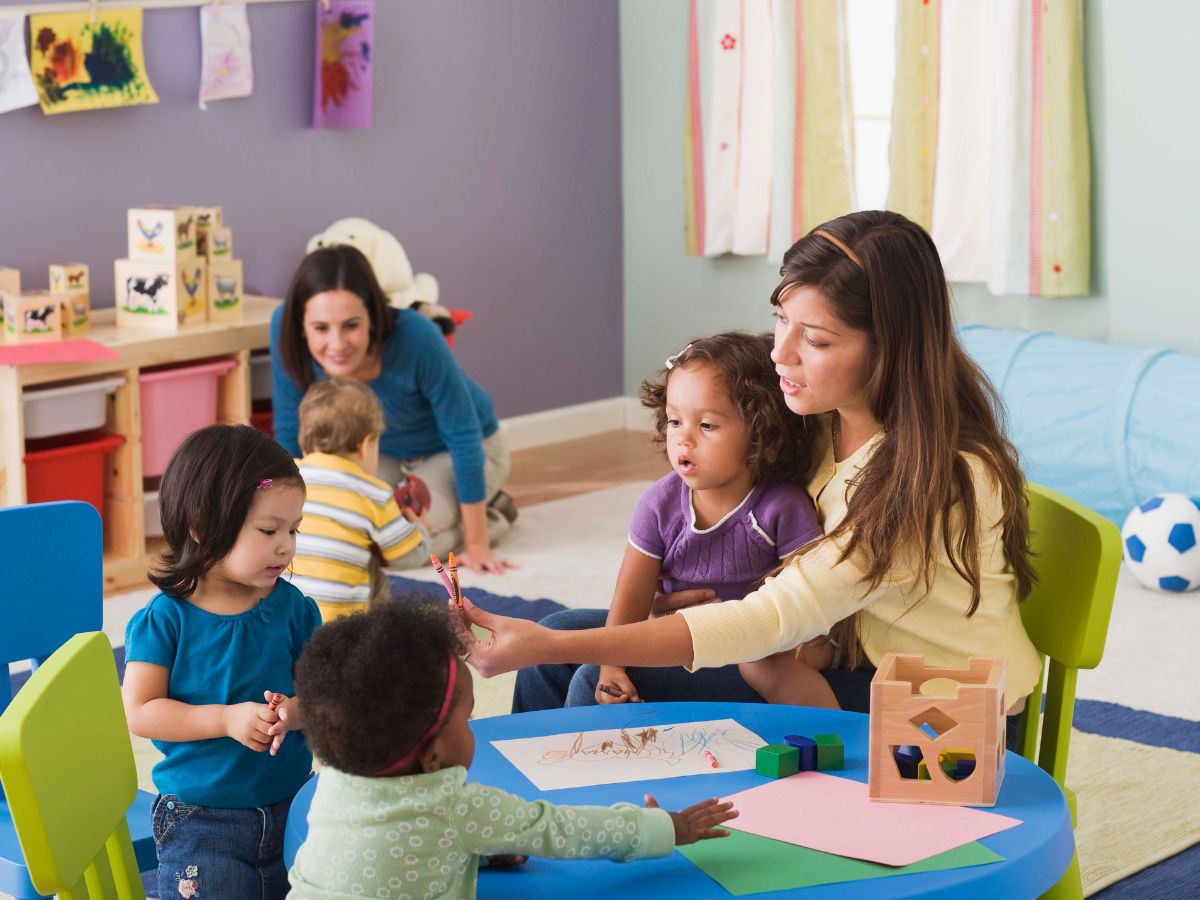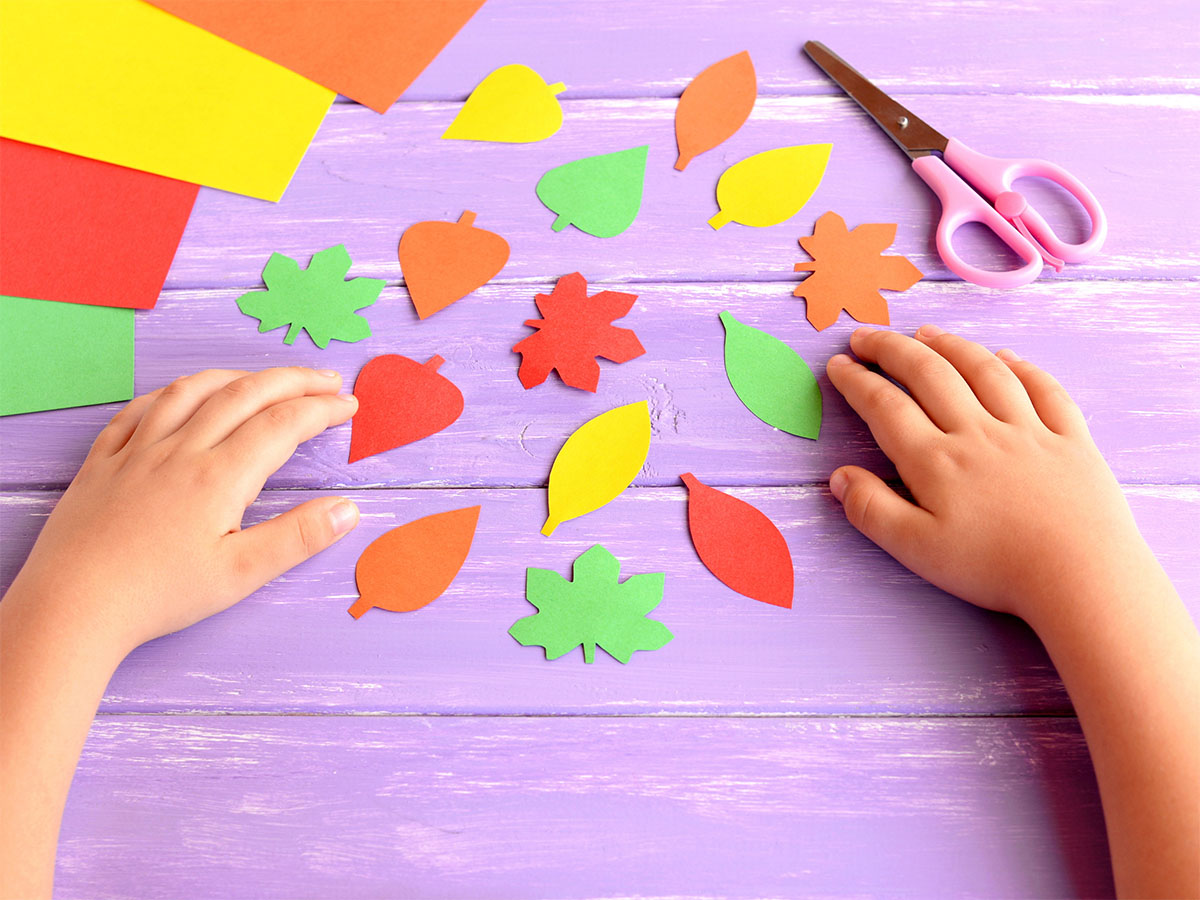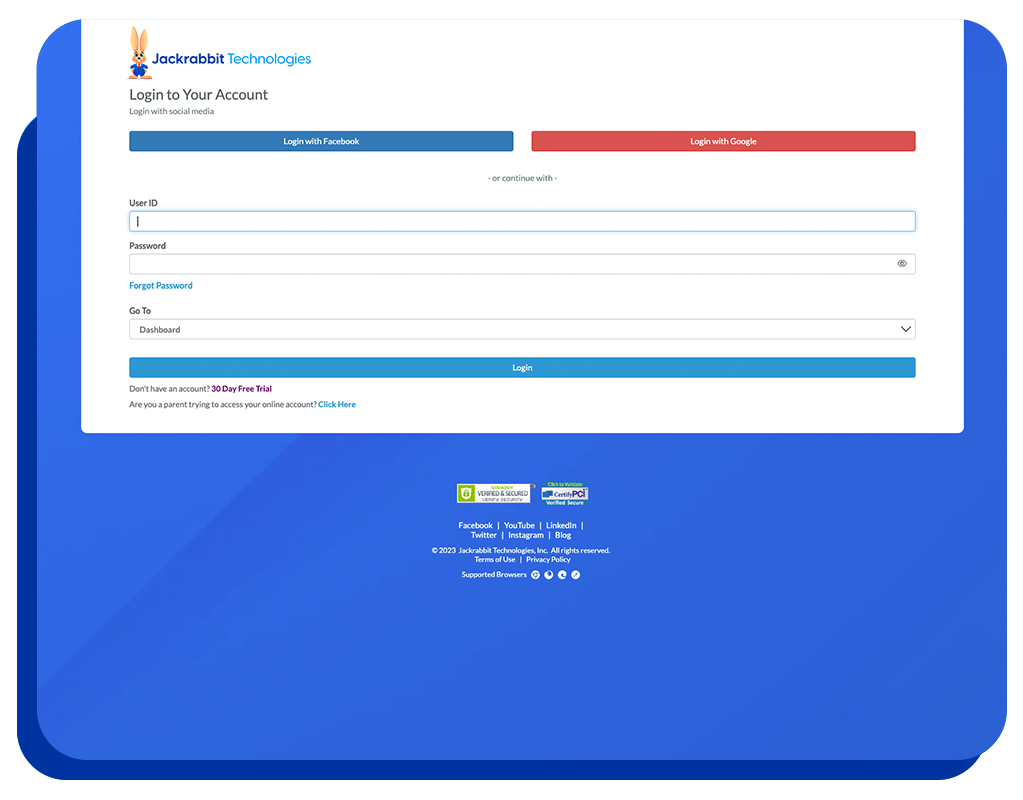Preschool teachers and child care staff are often the subject of envy regarding the “time off” they get throughout the year. But what people outside the profession don’t get is how much higher the burnout rate is amongst those who work with children when compared to everyone else.
According to Edutopia.org, there is an alarming increase in teachers’ burnout, and it is closely linked to educators’ attrition. A staggering 17% – 44% of teachers report burnout every year, and most of them, unfortunately, choose to leave the profession for something less stressful.
The concept of burnout has been around for decades, but the coinage is relatively new. Unfortunately, burnout can be particularly debilitating for staff working with children. Common signs of burnout include but are not limited to:
- Chronic fatigue or exhaustion
- Chronic insomnia
- Change in appetite
- Increased irritability
- Lack of interest
- Headaches
- Depression
What should you do if your child care staff is exhibiting any of these signs? How do you motivate burned-out employees? Fortunately, the situation is easily reversible, as harmful as it can be.
Read on to find out ways to reduce stress and burnout in your child care staff.
How To Reduce Stress
Stress is environmentally induced, so you can reduce stress if you can improve the work environment. There are several things you can do to help your child care staff feel more relaxed and enjoy their workspace.
1. Music
The best way to reduce stress is to play relaxing music in the morning. It will calm the children and will help your child care staff to take a deep breath and relax. Remember that music washes away from the soul the dust of everyday life. So, do try it. It will work wonders!
2. Staff Room
We all need a place to call our own, where we can sit, relax and unwind. Some child care facilities choose to forgo a designated staff room for lack of adequate space. However, this can be a great source of unrest and agitation amongst your staff members. Not having a place to relax means that the stress builds up until it reaches the point of burnout. Ensure that you have a separate space that can be used as a staff room. It is, perhaps, one of the most critical actions you can take towards relieving the stress of your child care staff.
3. Breaktimes
Protect staff break times from being interrupted. Break times are paramount and should be respected. Sure, emergencies may happen, and you might require your staff’s assistance during their break from time to time. But try not to make it a habit. Even if it is a mere 15-minute break, it will help your staff relax, clear their mind, and enjoy a sliver of peace and quiet. This can boost their energy and help them get back in the classroom feeling less stressed and more positive.
4. Mindfulness
Practice mindfulness sessions throughout the day. It will help your staff clear their mind, focus on what is important, and practice some breathing relaxation techniques. Several free apps are available that you can encourage your teachers to download on their phones. If you want to prevent employee burnout, offer your staff members the space and the opportunity to clear their heads and escape the classroom noise.
How To Stop Burnout From Happening
Burnout can be detrimental for your child care staff. However, there are several things you can proactively do to prevent it from happening.
1. Less Paperwork
In this day and age where technology has taken the world by storm, why burden your child care staff with paperwork? Invest in child care management software and relieve your staff from the tedious and arduous task of manually filling out papers. Free their hands and their time, and keep burnout at bay.
2. Team Work
When you staff classes in pairs or small teams, you are creating a solid support network amongst your child care staff. This prevents burnout from happening. Teamwork is at the heart of success, especially when it comes to working with small children. It takes a village to raise a child, so why do we expect one single teacher to handle more than fifteen children at a time? Prevent burnout from happening by staffing classes in pairs. They will have each other’s back and lift one another when stressful times come.
3. Showcase Your Teachers’ Work
Sometimes teachers feel burned out and disappointed because of how their students’ parents treat them. They feel that their work is not appreciated or valued no matter what they do.
Make sure that you showcase your teachers’ work to parents. For example, invite parents to come to the child care facility and view their children’s portfolios and talk about their progress. When the parents have a clear idea of everything that goes on in the classroom and see how their children learn and grow, they will treat the teachers with more respect.
Feeling appreciated goes a long way towards preventing burnout. If you want to motivate burned-out employees, showcase their work and show how proud you are of them and their work.
4. Clear Shift Times
Not knowing what to expect is a great source of stress and burnout. In addition, uncertainty about shift times builds up anxiety amongst your child care staff and increases their fatigue. Setting up precise shift times will help your teachers organize their day, plan around their break times, and set up classroom activities.
5. Special Staff Meeting Day
If you want to prevent employee burnout, allow your staff members to socialize outside the child care center. For example, have a special staff meeting once a month that is off-site. Such meetings foster healthier co-worker relationships and are a great way to reduce stress and make your teachers feel happier at work. After all, we spend more time with our co-workers than we do with our friends, so what better way to promote solid friendships in the workplace itself?
Appreciate Your Staff
The impact of burnout in the workplace is counterproductive. However, if you appreciate your staff, you can easily prevent employee burnout. It doesn’t take much to show your teachers that you value them and consider them an integral part of the team. Little gestures that show how grateful you are for your teachers will motivate burned-out employees.
Adopt dress-down days, thank each staff member personally every day for something specific they did, give extra time off to the teacher of the month, or bring donuts to work. Little things that do not cost time, money, or need too much effort, are enough to prevent burnout by showing your staff how much you appreciate them.
Burnout Is A Sign That Something Needs To Change
Burnout is common amongst teachers, and even more so in child care facilities where the day revolves around little children. Working with children is hard and can be emotionally and physically draining. If your child care staff is experiencing burnout, then it is a sign that something in their work environment needs to improve or change.
Fortunately, most teachers love what they do. Even when they are tired and exhausted, their love for their little students remains strong and pushes them to move forward. Nevertheless, the impact of burnout in the workplace is not something to be discarded as trivial.















